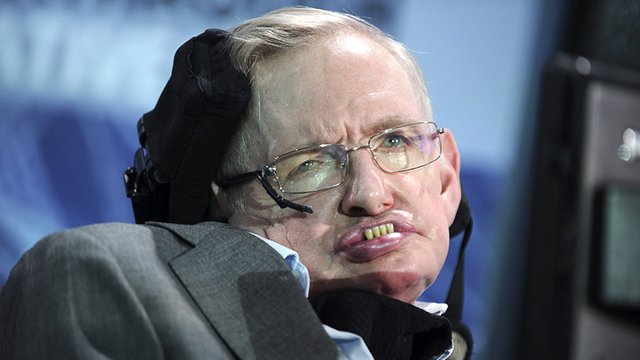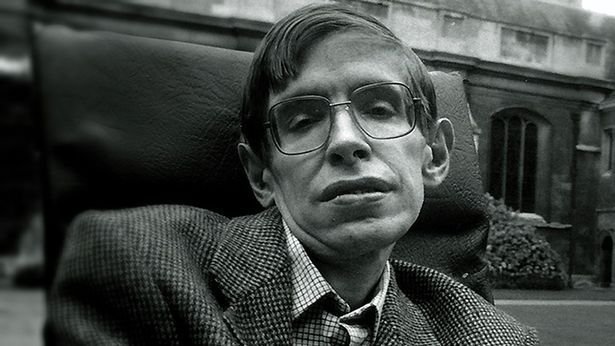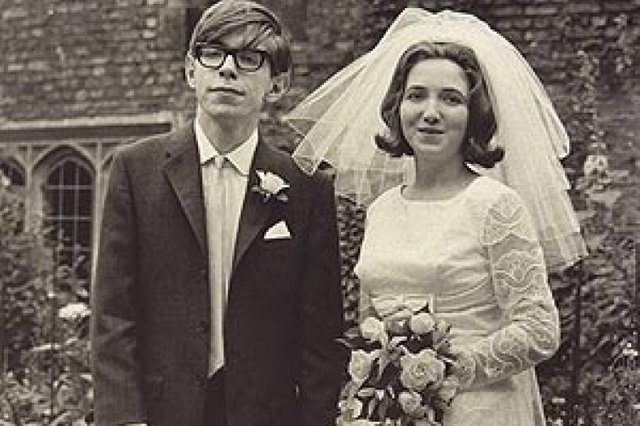Stephen Hawking, A renowned physicist, and best selling author dies at 76
Stephen W. Hawking, the Cambridge University physicist and top-rated creator who meandered the universe from a wheelchair, contemplating the idea of gravity and the starting point of the universe and turning into an insignia of human assurance and interest, passed on early Wednesday at his home in Cambridge, England. He was 76.

His passing was affirmed by a representative for Cambridge University.
"Not since Albert Einstein has a researcher so caught the general population creative energy and charmed himself to countless individuals around the globe," Michio Kaku, an educator of hypothetical material science at the City University of New York, said in a meeting.
Dr. Peddling did that to a great extent through his book "A Brief History of Time: From the Big Bang to Black Holes," distributed in 1988. It has sold in excess of 10 million duplicates and motivated a narrative film by Errol Morris. The 2014 film about his life, "The Theory of Everything," was assigned to a few Academy Awards and Eddie Redmayne, who played Dr. Peddling, won the Oscar for the best on-screen character.
Experimentally, Dr. Selling will be best associated with a revelation so unusual that it may be communicated as a Zen koan: When is a dark opening not dark? When it detonates.
Is similarly astounding that he had a vocation by any means. As a graduate understudy in 1963, he learned he had amyotrophic sidelong sclerosis, a neuromuscular squandering infection otherwise called Lou Gehrig's illness. He was given just a couple of years to live.
The ailment diminished his real control to the flexing of a finger and intentional eye developments yet left his intellectual capacities untouched.
He went ahead to wind up his age's pioneer in investigating gravity and the properties of dark gaps, the no-limit gravitational pits so profound and thick that not by any means light can escape them.
That work prompted a defining moment in current material science, running its course in the end a long time of 1973 on the dividers of his mind when Dr. Selling set out to apply quantum hypothesis, the strange laws that administer subatomic reality, to dark gaps. In a long and overwhelming count, Dr. Peddling found to his befuddlement that dark openings — those legendary symbols of astronomical fate — were not by any stretch of the imagination dark. Truth be told, he discovered, they would, in the long run, fail, spilling radiation and particles, lastly detonate and vanish over the ages.
In April 2007, a couple of months after his 65th birthday celebration, he partook in a zero-gravity flight on board an extraordinarily prepared Boeing 727, a cushioned flying machine that flies a crazy ride direction to create transient times of weightlessness. It was a prelude to a sought-after trek to space with Richard Branson's Virgin Galactic organization on board SpaceShipTwo.
Inquired as to why he went out on a limb, Dr. Peddling stated, "I need to demonstrate that individuals require not be constrained by physical impedes as long as they are not incapacitated in the soul."
His own soul left numerous in stunningness.
"What a triumph his life has been," said Martin Rees, a Cambridge University cosmologist, the space expert illustrious of Britain and Dr. Peddling's long-lasting associate. "His name will live in the chronicles of science; millions have had their grandiose skylines extended by his top of the line books; and considerably more, around the globe, have been enlivened by a remarkable case of accomplishment against all the chances — a sign of astounding resolve and assurance."
Stephen William Hawking was conceived in Oxford, England, on Jan. 8, 1942 — 300 years to the day, he jumped at the chance to call attention to, after the passing of Galileo, who had started the investigation of gravity. His mom, the previous Isobel Walker, had gone to Oxford to keep away from the bombs that fell daily amid the Blitz of London. His dad, Frank Hawking, was a conspicuous research scientist.
